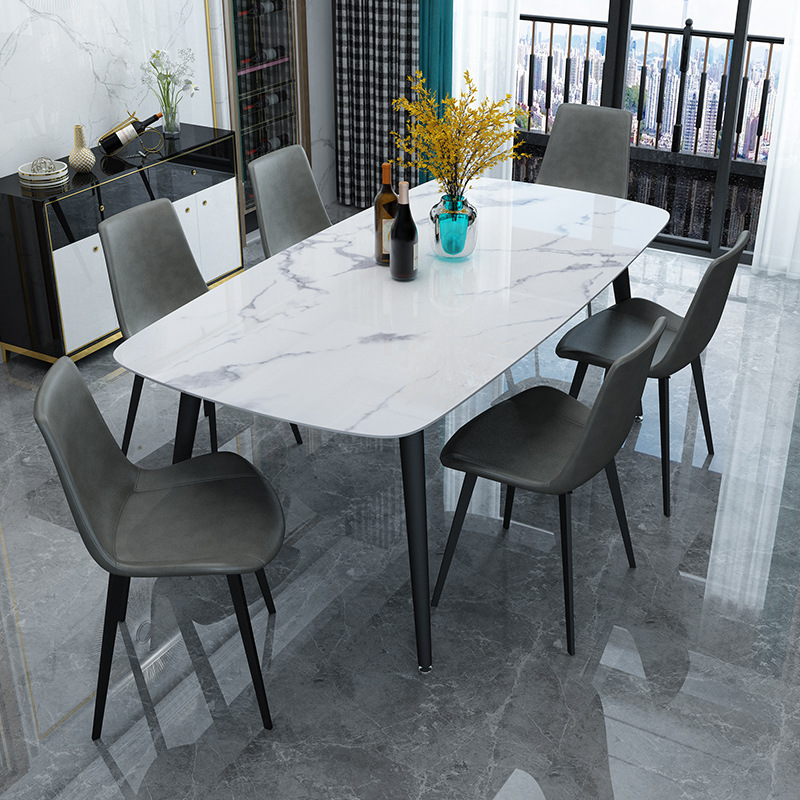As our world shifts toward sustainability and well-being, dining table trends are following suit, reflecting a conscious effort to align our living spaces with our values and health aspirations.
Sustainable materials are at the forefront. Dining tables made from reclaimed wood, bamboo, and recycled materials minimize environmental impact while adding character to your space.
Eco-friendly finishes are gaining traction. Water-based and low-VOC finishes contribute to healthier indoor air quality. They also reduce the off-gassing of harmful chemicals commonly found in traditional finishes.
Natural and organic shapes are favored. Tables with irregular edges, live-edge designs, and organic contours celebrate the beauty of imperfection in nature. These designs create a sense of grounding and authenticity.
Functional wellness features are integrated. Some dining tables incorporate features like built-in air purifiers, UV-C sanitation technology, and even height-adjustable options that cater to ergonomic well-being.
Biophilic design principles are embraced. Dining tables with planters, greenery, or natural elements foster a connection to the outdoors, promoting a sense of calm and tranquility.
Mindful dining spaces are cultivated. Designing dining areas that encourage mindful eating – free from distractions and stressors – promotes a healthier relationship with food and enhances the dining experience.
By embracing sustainability and wellness in dining table design, we’re not only creating visually appealing spaces but also nurturing our physical and emotional well-being. As these trends continue to shape our homes, the dining table becomes a powerful expression of our commitment to a better, more balanced lifestyle.








